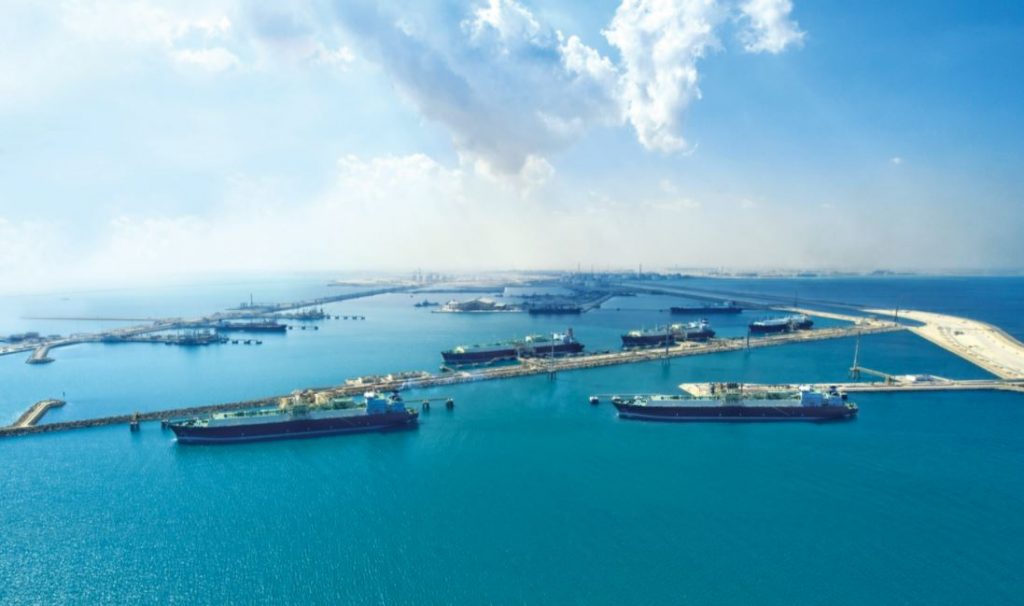LNG producing giant QatarEnergy has joined an industry-led initiative that aims to reach near zero methane emissions from operated oil and gas assets by 2030.
State-owned QatarEnergy is the first company to join the Aiming for Zero Methane Emissions Initiative outside its twelve existing signatories, it said in a statement on Monday.
Also, the twelve companies include Aramco, BP, Chevron, CNPC, Eni, Equinor, ExxonMobil, Occidental, Petrobras, Repsol, Shell, and TotalEnergies.
The OGCI member CEOs launched this initiative in March this year.
All energy companies involved in the exploration, extraction and/or production of oil or natural gas can join as signatories at no financial cost.
QatarEnergy said the initiative adopts an all-in approach that treats methane emissions as seriously as the industry treats safety.
It supports the implementation of sound regulations to tackle methane emissions and encourages governments to include methane emissions reduction targets as part of their climate strategies, it said.
“Unwavering support” to the global effort to reducing emissions
Qatar’s energy minister and chief executive of QatarEnergy, Saad Sherida Al-Kaabi, said in the statement that this move reaffirms Qatar’s priorities and commitments with regards to the climate change agenda, and its “unwavering support to the global effort to reducing emissions, including methane.”
“This also falls in line with QatarEnergy’s recently announced sustainability strategy and follows landmark steps that include signing the guiding principles on reducing methane emissions across the natural gas value chain and endorsing the Global Methane Pledge,” he said.
This month, QatarEnergy selected France’s TotalEnergies, Italy’s Eni, and US firms ConocoPhillips and ExxonMobil to join the $28.75 billion North Field East (NFE) expansion project.
In February last year, QatarEnergy took a final investment decision on the project to boost Qatar’s annual LNG capacity from 77 million tons to 110 million tons.
The firm is developing a second phase to further boost capacity to 126 Mtpa by 2027 as well as additional expansions.

